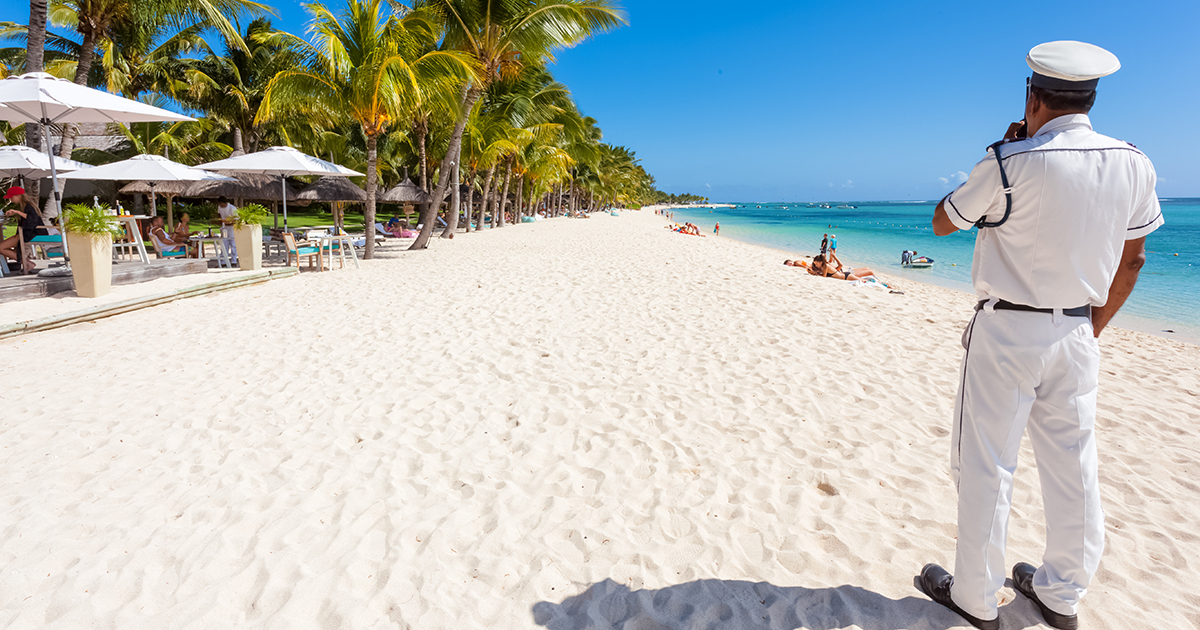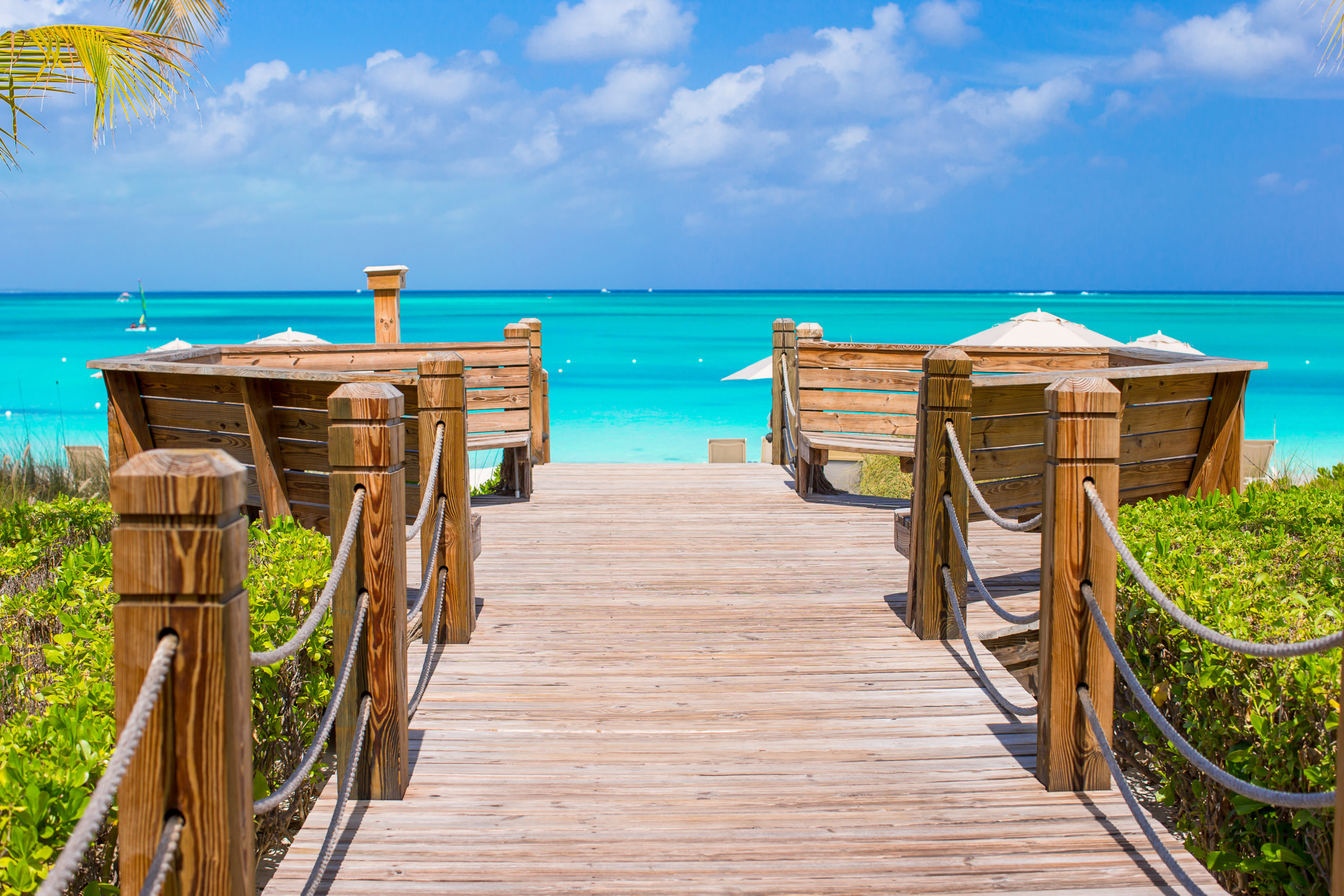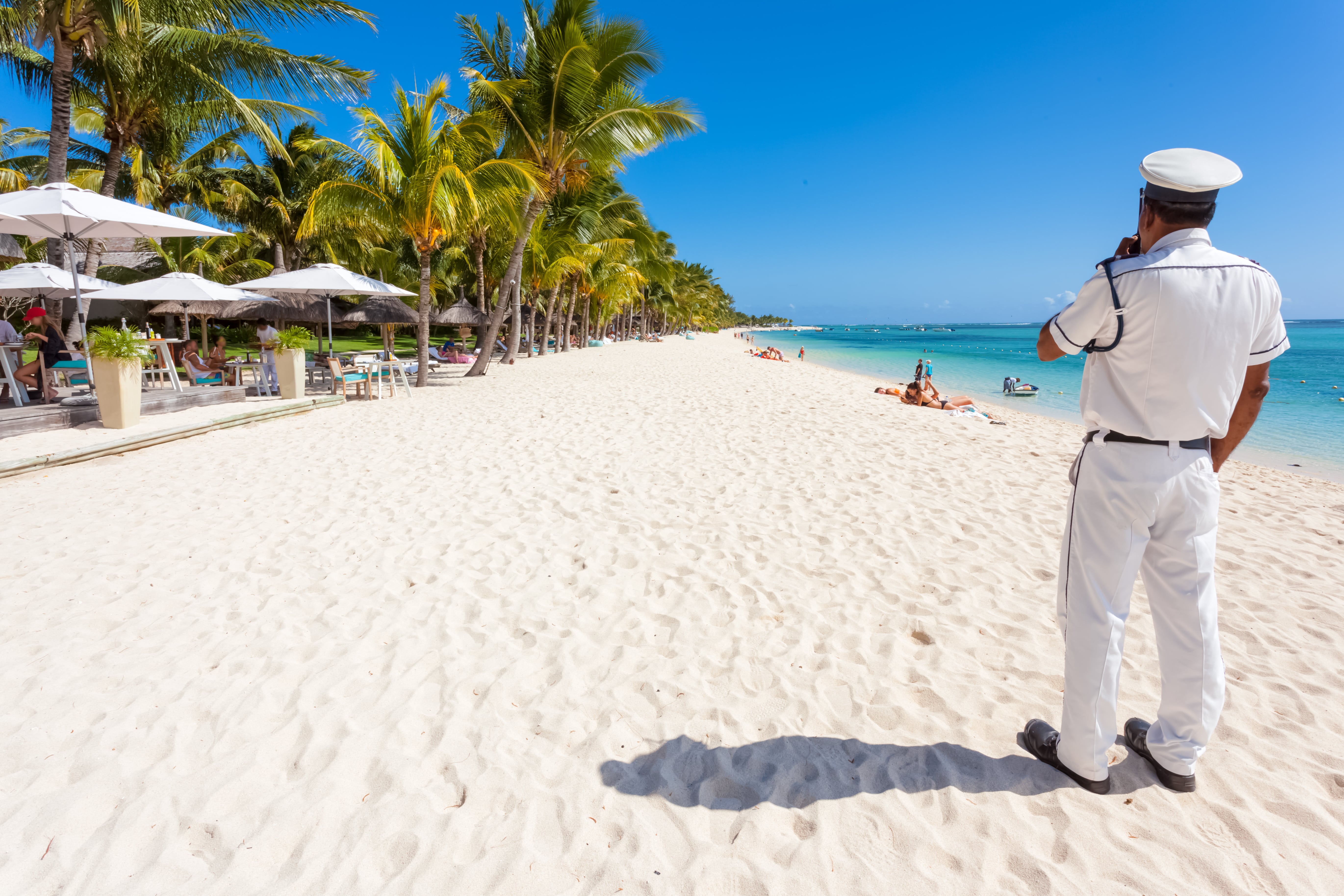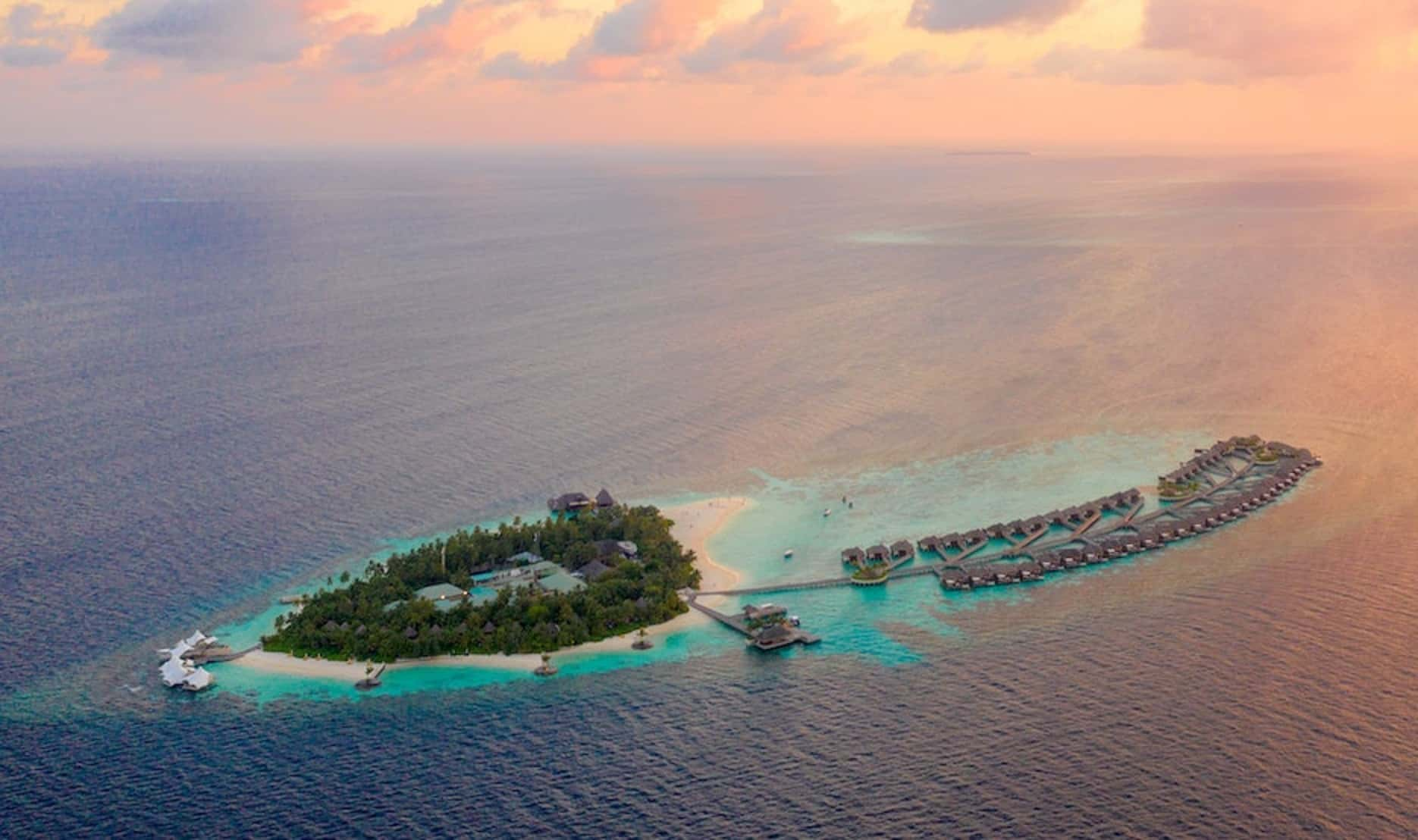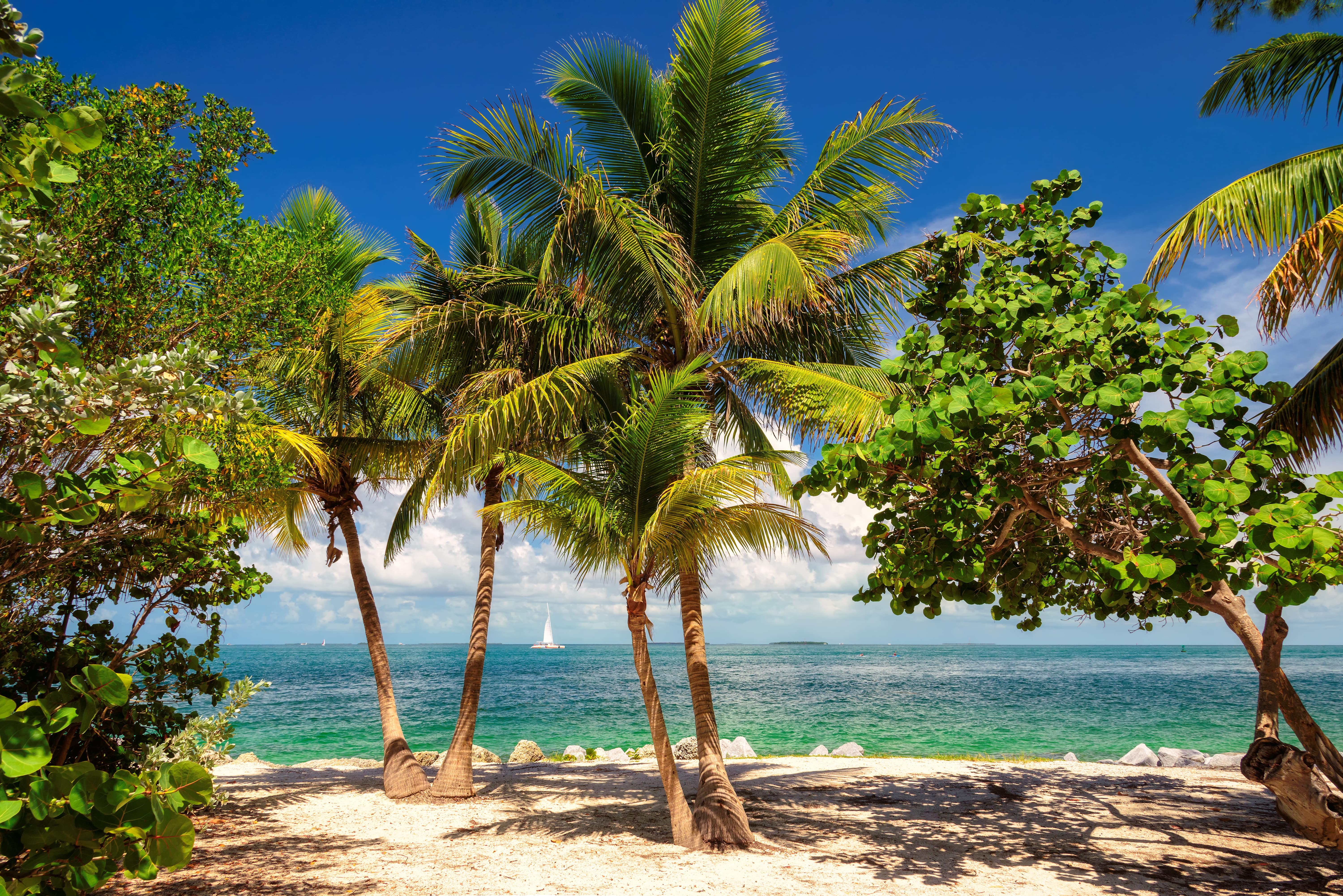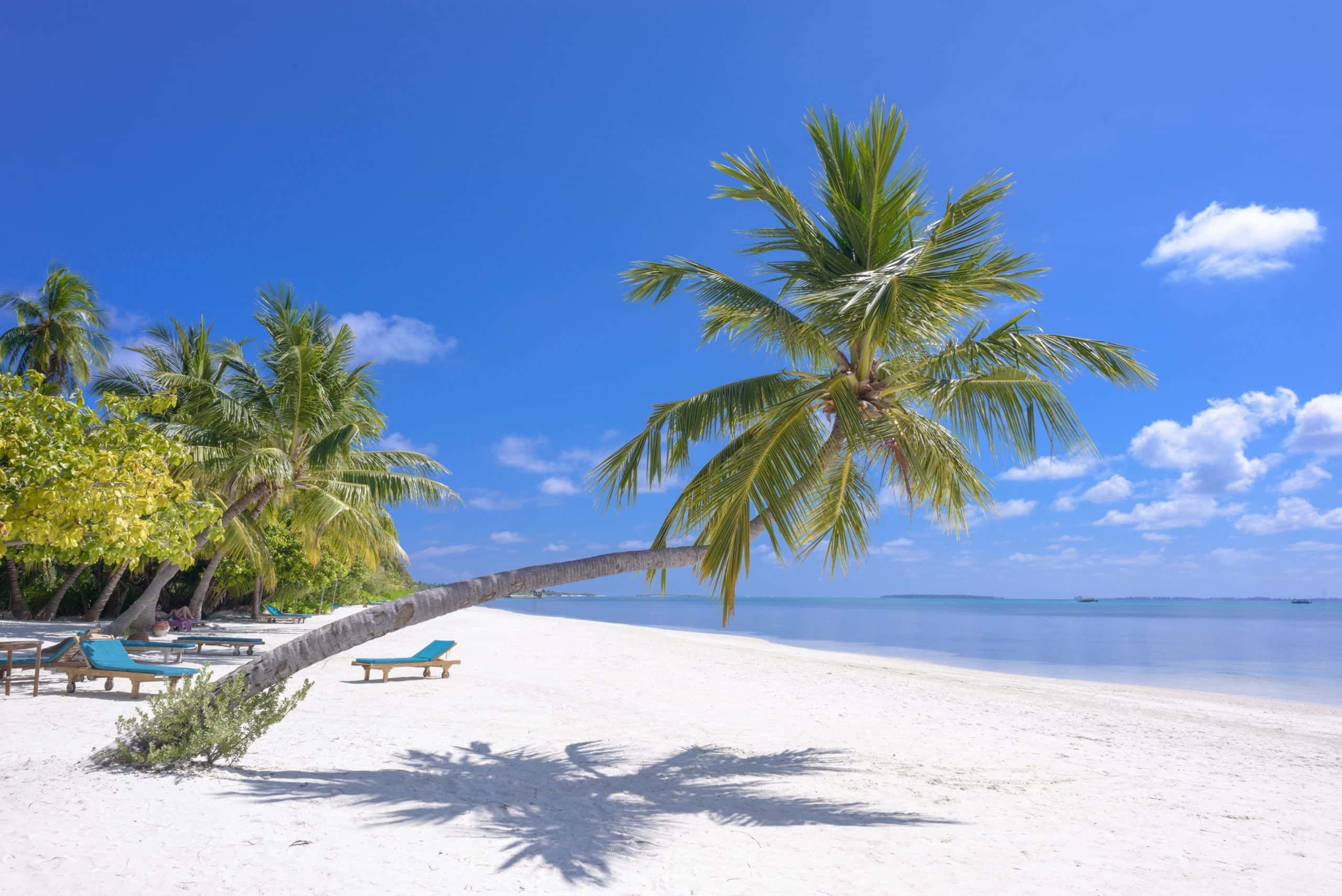The Dream Job Reality: An Island Caretaker
The idea of being an island caretaker often conjures up images of idyllic paradise living, a perfect blend of relaxation and adventure. But what does this dream job truly entail?
From the day-to-day responsibilities to the challenges one might face, understanding the role of an island caretaker is key for those drawn to this unique occupation.
Let's dive into the details of what it means to be the guardian of a piece of paradise.
The Role
Being an island caretaker is about maintaining and overseeing the daily operations of a private or resort island.
This role can vary significantly based on the island’s size and purpose.
Responsibilities often include general maintenance, such as cleaning and basic repairs, landscaping, monitoring wildlife, and possibly overseeing guest activities if the island hosts visitors. The caretaker ensures that the island is well-maintained, secure, and operating smoothly, often acting as a jack-of-all-trades.
Qualifications
Generally, a background in hospitality, property maintenance, or a related field is beneficial.
Strong skills in general handywork, first aid, and survival skills are also valuable.
Crucially, a successful island caretaker needs to be adaptable, resourceful, and self-sufficient, with a strong sense of responsibility.
Often, employers look for individuals or couples who are comfortable living in remote locations and who can handle the physical demands of the job.
Salary
Salaries for island caretakers vary widely depending on the location, size of the island, and the scope of responsibilities.
On average, salaries can range from $30,000 to $60,000 annually. In some cases, especially in high-end or luxury locations, compensation can be higher and may include additional perks such as bonuses or use of recreational facilities.
Advantages of the Job
The most obvious advantage is living in a beautiful and often secluded location, typically surrounded by breathtaking natural beauty.
It’s an opportunity for a lifestyle change, offering a break from the typical 9-to-5 routine and a chance to live closer to nature.
The role also offers a great deal of autonomy and can be incredibly satisfying for those who enjoy a hands-on approach to work.
Disadvantages of the Job
One of the primary drawbacks is the isolation. Being an island caretaker can be lonely, especially if the location is very remote.
The job can also be physically demanding, with a need to be on-call for emergencies.
Additionally, the work can be repetitive and, at times, mundane. The romanticized version of the job often overlooks the hard work and routine maintenance required.
Accommodations
Living arrangements vary widely but typically involve staying in on-site housing provided by the island owners.
These accommodations can range from basic to luxurious, depending on the island's facilities. Utilities like electricity, water, and internet may be limited or reliant on alternative sources like solar power and rainwater collection.
Locations Where This Job Is Available
Island caretaker positions are available worldwide, with opportunities more prevalent in regions known for their islands, such as the Caribbean, the South Pacific, and parts of Southeast Asia.
Occasionally, opportunities also arise in colder climates like Canada or Scandinavia for caretaking of private retreats or eco-resorts.
Dangers Associated with the Job
 Leonard the food guy, Shutterstock
Leonard the food guy, Shutterstock
The role comes with unique risks, especially related to the isolation and remoteness. Access to medical care can be limited, and caretakers must be prepared to handle emergencies independently.
There are also potential dangers from severe weather, wildlife, and the challenges of maintaining a property in often harsh, saltwater environments.
Final Thoughts
While being an island caretaker might sound like a dream job, it demands a mix of practical skills, resilience, and a love for solitude and nature.
It's a unique way to experience some of the world's most beautiful places while facing the challenges of remote living.
For the right person, it can be an incredibly rewarding and life-changing career.

